3 Ways Composting Helps Restore The Environment
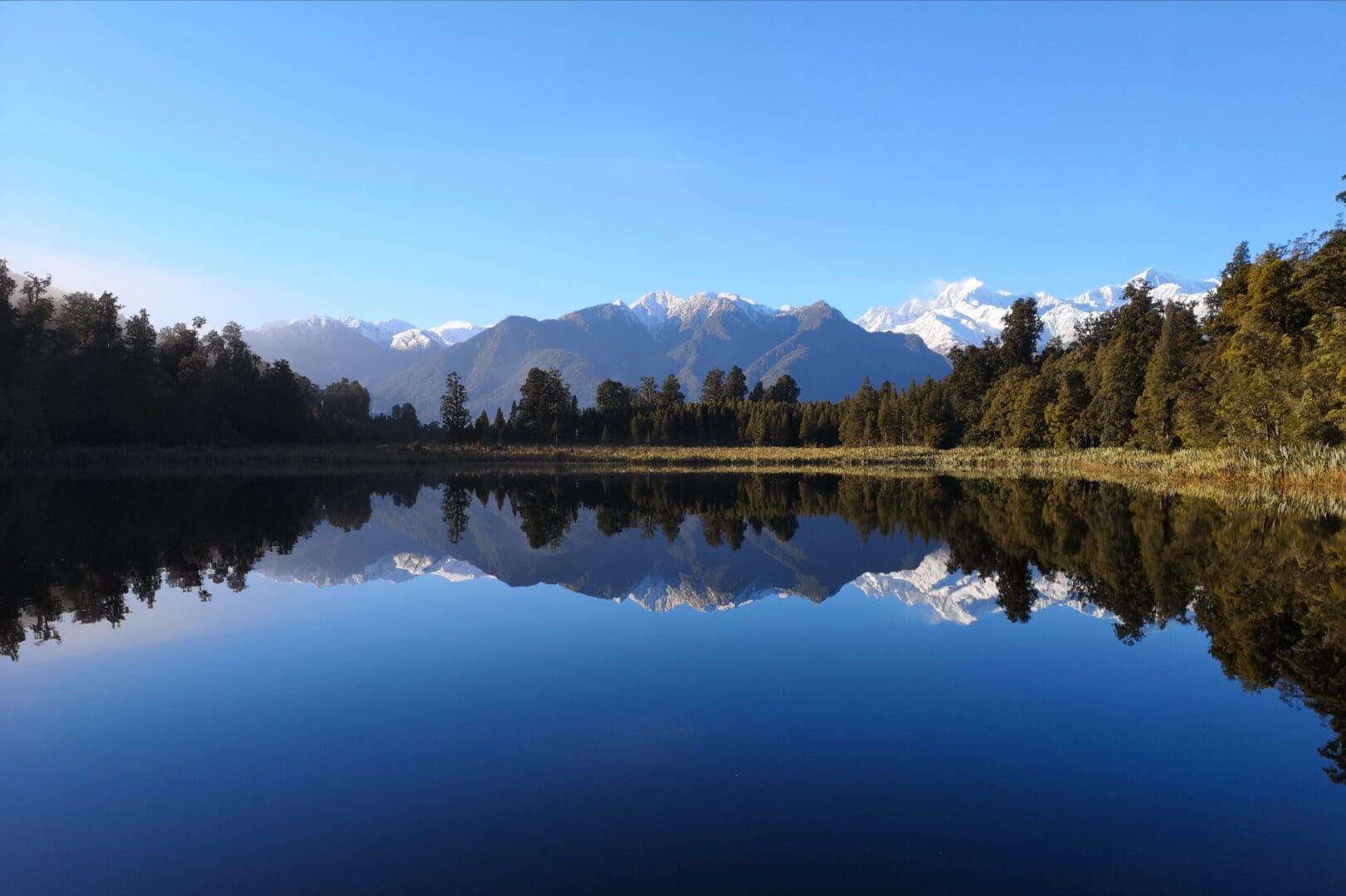
Is It Possible To Undo Some Of The Damage We’re Causing To The Planet?
As devastating as it is, there’s just no getting away from pollution. Unfortunately, it’s become an accepted by-product of the society we live in. But just because we can’t eliminate it altogether, doesn’t mean we can’t do things to help mitigate the harmful effects it has on the environment.
One of the most impactful things we can do on an individual level is to start composting. Simply throwing our food scraps and paper waste into a compost has the ability to revitalize our environment and undo some of the damage done by modern living. How does composting effect the environment?
1. The Most Direct Benefit of Composting Is The Effect It Has on Soil Composition
It’s no secret that modern farming practices leave soil dry, barren and depleted of nutrients. Compost reverses the damage done by the agriculture system. It puts critical nutrients back into the soil, balances the pH levels and increases ground water retention. Why is that so important?
Increased Food Quality and Quantity
Depleted soil, unsurprisingly, leads to depleted food quality. By returning nutrients back to the soil, compost produces healthier, better quality food for us to eat. But it’s impact doesn’t stop at our health. Better soil quality also leads to a higher agricultural yield. More nutrient-rich soil allows us to feed more people, with higher quality food while using less land and resources in the process.
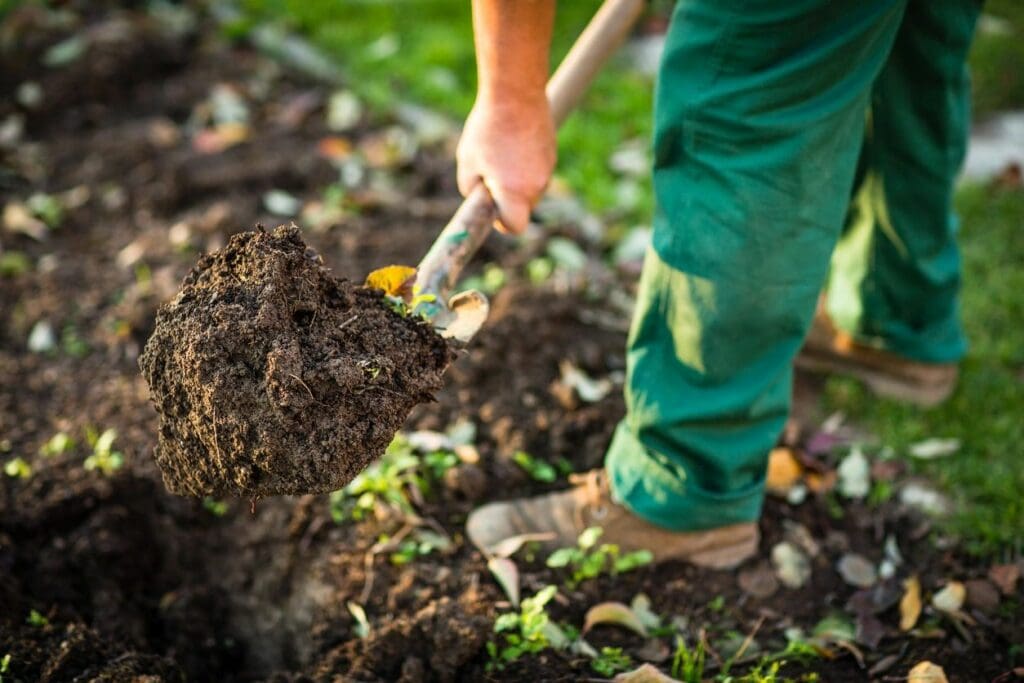
Over the past 40 years, the world has lost over ⅓ of it’s farmable land due to erosion. Current intensive agricultural practices leave the earth hard, dry and depleted. Since it can’t penetrate the ground, water collects on the surface then moves toward lower elevations, eroding the topsoil in the process. Compost acts like a sponge, pulling water into the ground instead of letting it collect on top. This ultimately keeps the topsoil from being washed away.
2. Composting Can Drastically Reduce The Amount Of Greenhouse Gases In The Air
The emission of greenhouse gases, like methane and carbon dioxide, is a huge contributor to our changing climate. One of the main benefits to composting is that it reduces the amount of those greenhouse gases being released into the atmosphere. How does it do that?
By Keeping Food Waste Out Of The Landfill
A disturbing amount of our food waste ends up in a landfill somewhere. Unfortunately, it can’t decompose properly in a landfill. So instead, the food waste rots, releasing massive amounts of methane and carbon dioxide into the air. Composting keeps that food waste out of the landfill in the first place and drastically reduces the amount of greenhouse gases being produced.
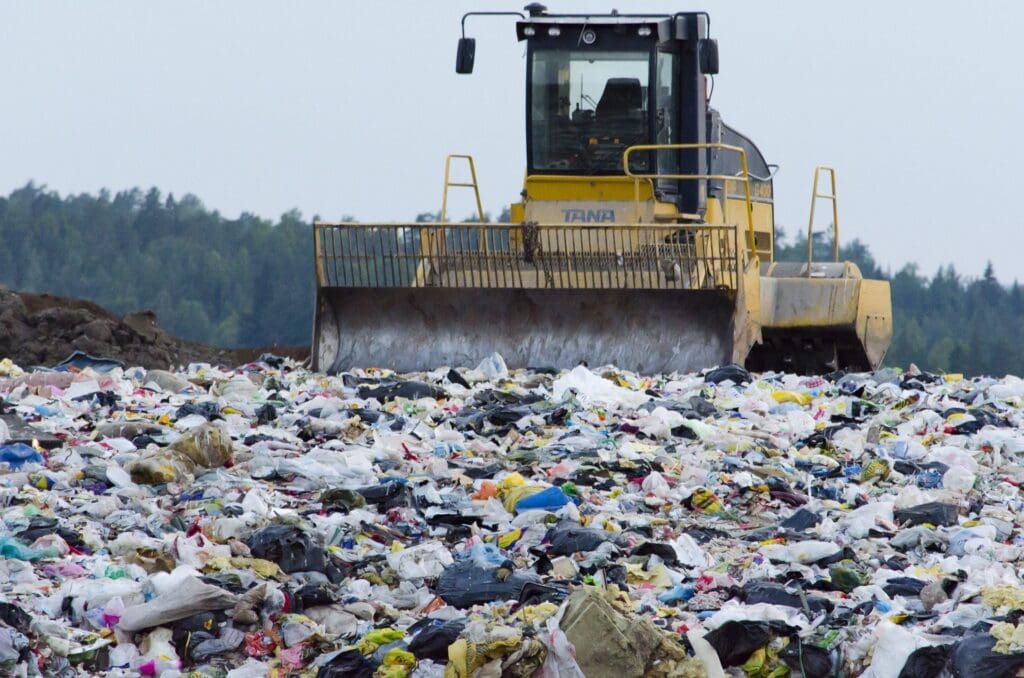
Composting Reduces The Amount Of Carbon In The Air
Compost is full of microbes that plants rely on to absorb nutrients. To keep those microbes alive, plants pull carbon dioxide out of the air and return it to the ground where it gets converted into food to sustain them. This creates an ecosystem where not only does compost reduce the amount of greenhouse gases we produce, it also actively pulls carbon dioxide out of the atmosphere and puts it to a positive use.
3. Composting Makes Our Natural Water Sources More… Natural
Astonishingly, agricultural pollution is the leading cause of water contamination around the world. It’s even more detrimental to our water supply than sewage, wastewater and oil pollution. Fortunately, compost can drastically reduce agricultural water pollution and help clean our natural water sources.
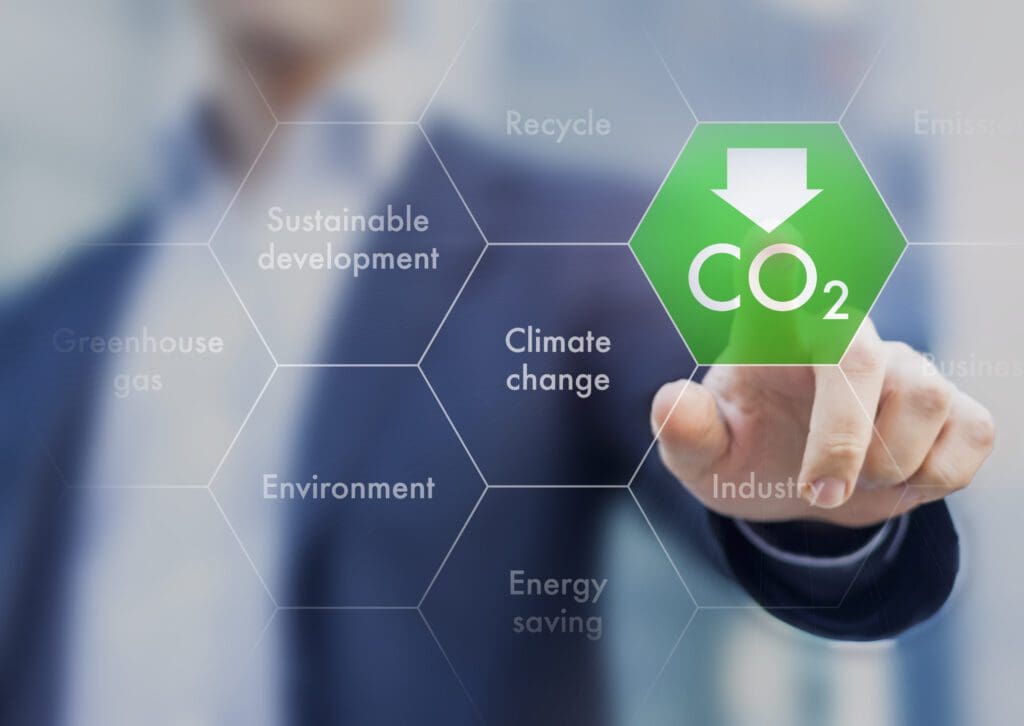
It Helps Replenish Local Water Sources
Compost loves water. Because it can hold several times its own weight in water, compost greatly enhances water retention in soil. Obviously, this is great for plants, but it also allows water to seep deeper down into the ground where it collects and replenishes local springs, ponds and lakes. This leads to more rainwater being utilized instead of collecting on the surface and contributing to soil erosion.
We End Up With Cleaner Oceans
Traditional agricultural practices rely heavily on chemical fertilizers and pesticides. All those pollutants get washed away and eventually runoff into the ocean. By using compost, the use of chemical fertilizers and harmful pesticides gets reduced. That means less of those pollutants end up in our oceans and waterways.
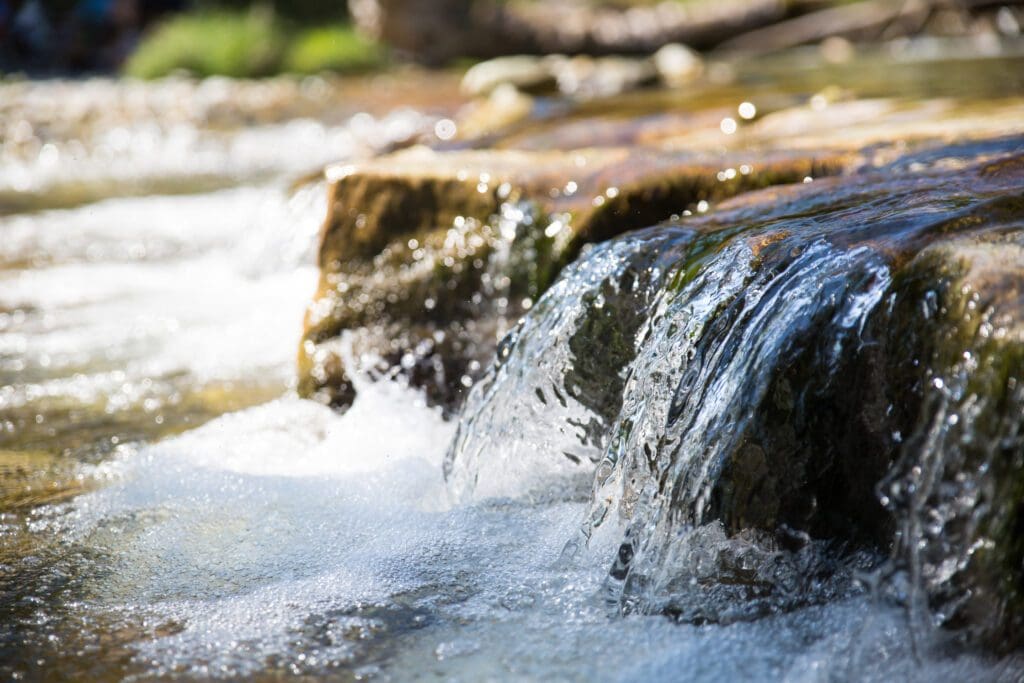
Do You Compost?
From improving our food quality to reducing greenhouse gases to replenishing our water sources, composting has the ability to repair a lot of the damage we cause to the environment. Whether you start a home compost or use our food waste pickup service, composting is an easy way to make a big impact.